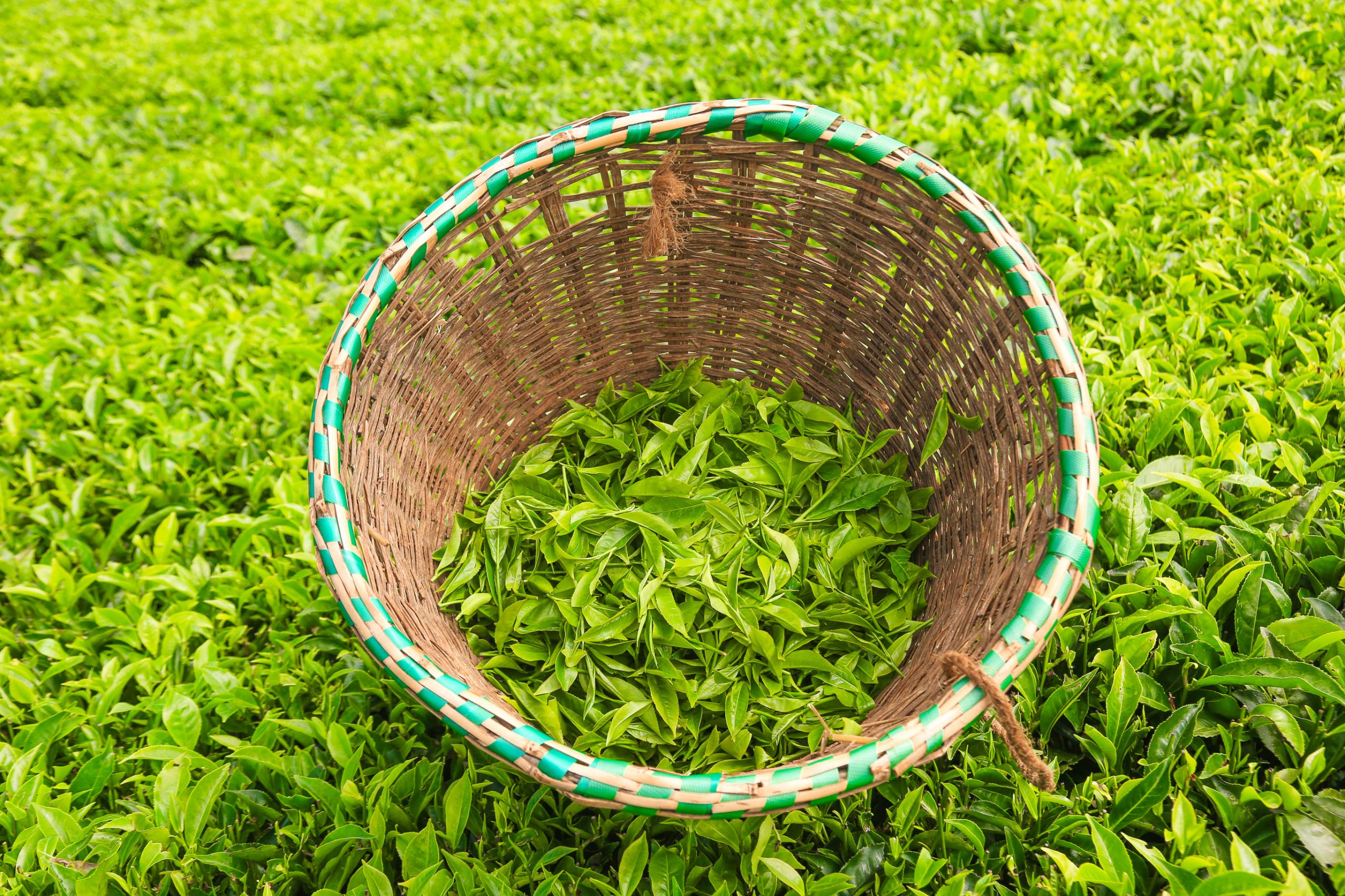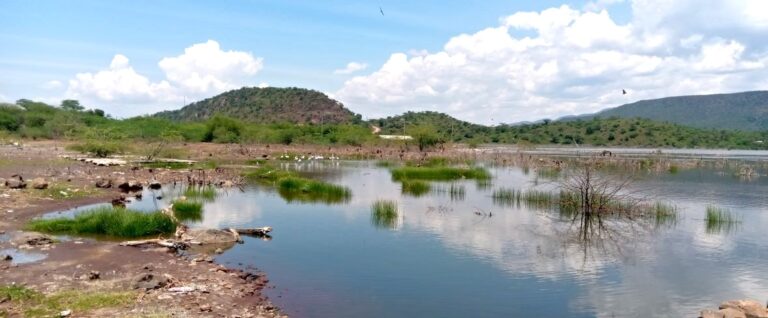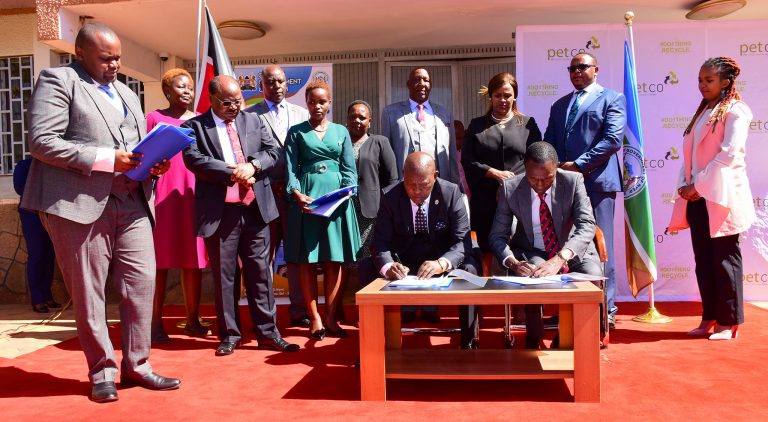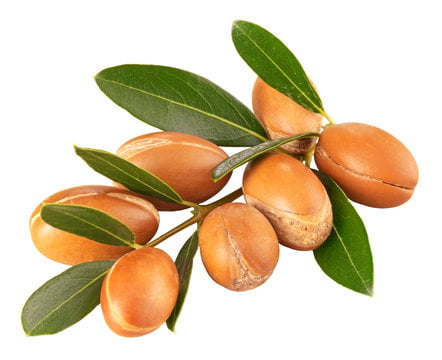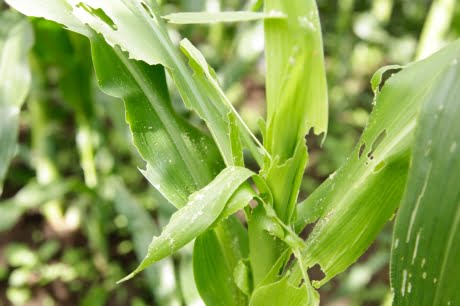Kenya is on track to become the first African nation to certify its tea as low-carbon. This ambitious step could double export earnings and boost incomes for the country’s nearly 700,000 smallholder tea farmers.
The initiative, led by the Food and Agriculture Organization (FAO) in collaboration with the Kenya Tea Development Agency (KTDA) and the Ministry of Agriculture, aims to align Kenya’s top cash crop with global climate accountability standards.
Dr. Barrack Okoba, FAO’s Project Manager for Resilient Livelihoods and Climate Change, said the low-carbon tea certification is part of a $5 million pilot project funded by China and Germany. The program seeks to assess and reduce greenhouse gas emissions along Kenya’s tea value chain.
“We are targeting tea because it’s one of Kenya’s top foreign exchange earners. The project aims to sustain production, protect the environment, and most importantly, improve incomes for smallholder farmers,” said Dr. Okoba during an international workshop on the initiative held in Kisumu.
To ensure transparency and traceability, the project will utilize blockchain technology. This digital ledger system will track and verify sustainable practices throughout the tea production process.
“This technology will allow a consumer in London or Pakistan to trace a pack of tea back to the farmer in Kisii or Nandi, and verify that the tea was grown using low-carbon practices,” added Dr. Okoba.
The KTDA, which oversees 71 tea factories across 21 counties, is a key player in the implementation. According to KTDA Foundation General Manager Sudi Matara, Kenya already operates within a relatively low-carbon framework thanks to the limited use of pesticides and the adoption of climate-smart agriculture.
“Research shows that if we don’t act, productivity will dip by 20 per cent due to climate change. We are already taking action through solarization, biomass briquette use, automation of factories, and off-grid power generation in 17 factories,” Matara said.
Leonard Kubok, Deputy Director at the Ministry of Agriculture’s Crop Resources Management Division, underscored the broader significance of the move.
“This is a transformational shift toward sustainability and climate accountability. We are safeguarding the future of a value chain that supports over 7 million Kenyans directly and indirectly,” Kubok said.
The potential economic impact is considerable. Tea Board of Kenya Chief Executive Officer Willy Mutai said the certification could raise export revenues from the current Sh215 billion to as much as Sh440 billion over the next five to ten years.
“Kenya is the world’s leading exporter of black tea, earning Sh215 billion annually from the commodity. With this certification, the farm gate prices could rise from Sh64 to Sh90 per kilo. This will be a game-changer for smallholder farmers and could uplift entire rural economies,” Mutai said.
He added that Kenya has been shifting toward greener production methods for years, with many tea factories in counties like Nandi and Kisii already investing in solar and hydropower systems to reduce reliance on fossil fuels.
The Kisumu workshop brought together stakeholders from Rwanda, Malawi, Sri Lanka, and China, who shared insights and explored opportunities for replicating the model in their own countries.
“This is more than just a certification; it is a legacy. We are setting up a blueprint not just for Kenya, but for Africa,” Mutai opined.


